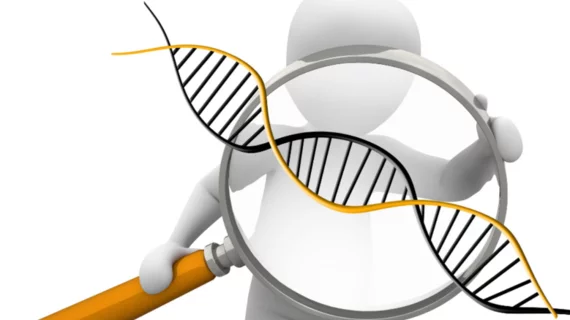Early results in human gene-editing study show promise
Early results from a gene-editing study in the human body indicate the treatment is possibly working, according to a report by USA Today.
Biotech company Sangamo Therapeutics announced the preliminary results from the gene-editing study on Wednesday, Sept. 5. Gene editing is described as a therapy method to “knock out a bad gene or supply a good one that’s missing.” In the study, researchers are using gene editing in an attempt to change a person’s DNA and cure a genetic disorder called Hunter syndrome.
According to the report, the study found two patients who got a medium dose of the treatment had “urine levels of large sugar compounds that are hallmarks of Hunter syndrome" cut in half four months later—a promising sign.
"Two others who got a low dose have seen little change in these sugars so far," the report stated.
The report also said it’s not yet known if the declines can improve a patient’s health or slow the progress of the disease.
“There’s no way to know yet whether the change in the middle-dose patients is due to the gene editing or something else,” the report said. “But the fact that their sugars have declined consistently since treatment suggests it might be.”
To read the full report, click the link below.

